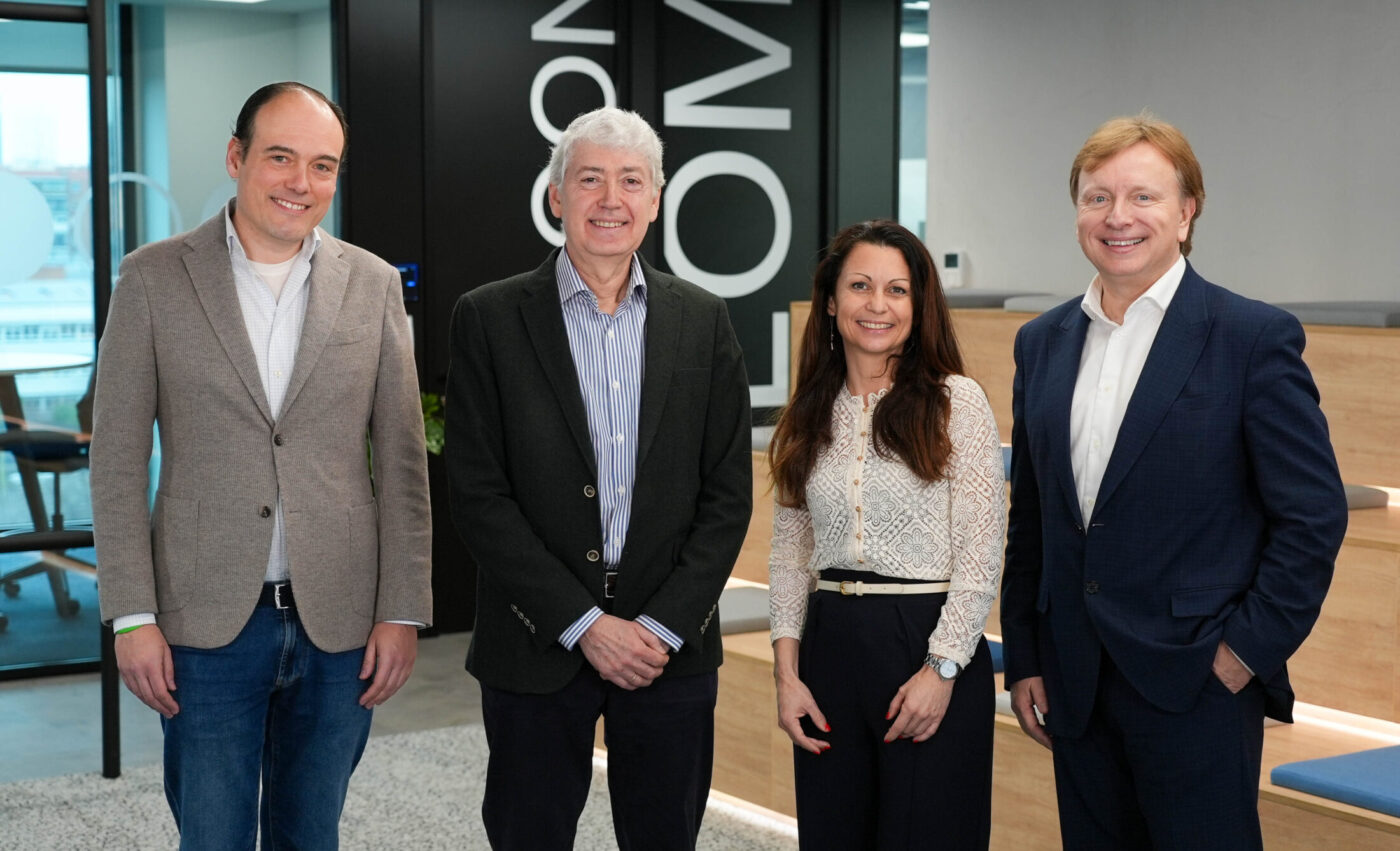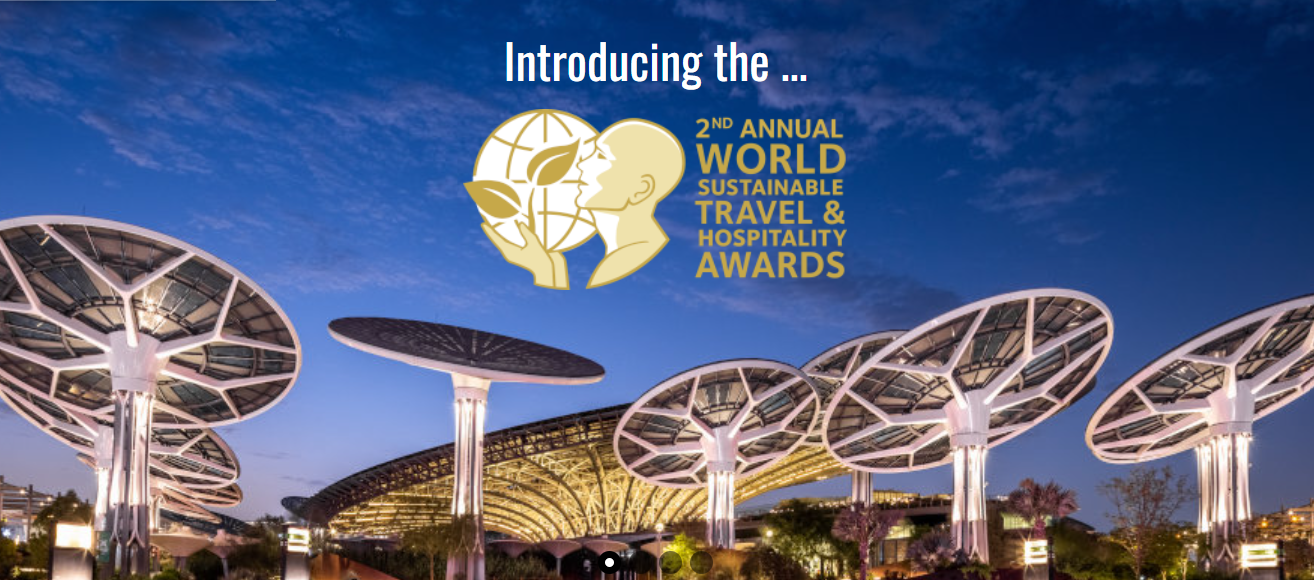A thought piece from CEO, Glenn Mandziuk
Formal education is expensive. Even in countries that offer free schooling, the ‘opportunity cost’ that comes with it leaves many people unable to access education, due to the cost of travel, uniform, books, and other learning materials, as well as the potential loss of income to make time for studying. What’s more, many people fall through the gaps of education systems if their schooling is interrupted by political conflict, natural disaster, illness, pregnancy, or marriage, or if they are required to care for family members who may be elderly, unwell or disabled.
Inadequate access to education isn’t just a malaise of the global south. It effects young people in all countries across the world. Globally, almost one in four young people are not in education, training or employment.1 Those who cannot achieve higher formal education or technical certification, are often made to feel their worth is less than others, and that opportunities will be very limited for them, but this does not have to be the case!
One does not need years of formal education to be a creative problem solver, a doer, or an ambitious, caring and hard working person – skills that are essential for employment. Young people, especially from disadvantaged backgrounds, bring a rich diversity to a team. It is not just their gender, social, ethnic or economic differences that lead to each person’s unique skills and viewpoints, but their lived experience of understanding, managing and surpassing difficulty, which adds a depth of perspective that few others can bring.
The hospitality industry is unique in its position to make a difference
Vacancy: Waiter/Waitress. Requirements: a formal degree and at least 2 years’ experience.
This isn’t something you’d expect to see in an advert for such a position. Whilst some roles do require previous experience, hospitality is one of the only sectors which offers a wide range of entry level positions without the requirement of higher education or certifications. Being a people centred industry, it depends on employees’ ability to be passionate, creative and responsive to the needs of others. With roles spanning across guest services, cleaning, maintenance and food and beverage preparation, jobs can be found to suit all kinds of personalities and lifestyles.
What can hotel companies do to bridge the gap?
Hotels offer an amazing real-life learning opportunity, one that no vocational training school can truly replicate. Team members working across hotel departments have rich and diverse skillsets, which can often be passed onto trainees simply through shadowing, conversation and practical time spent working.
By understanding the backgrounds potential employees or trainees may have come from, and investing time in upskilling those without formal education, hospitality companies are not only supporting local communities, but also benefit their own business too, improving staff retention as they build a skilled and dedicated workforce.
There are so many ways hospitality companies can reduce the formal education gap and open opportunities for safe livelihoods – from making it clear that entry level roles do not require degrees and prior experience, to attending job fairs aimed at groups who may not have access to formal education, or even running an employability programme in collaboration with a local not-for-profit and civil society organisation.
I urge hotel managers and senior leaders to recognise the value of practical learning and skills-based volunteering – don’t let certifications or limited relevant experience hold you back from opening opportunities to those who could bring so much dedication, life experience, and willingness to learn.



